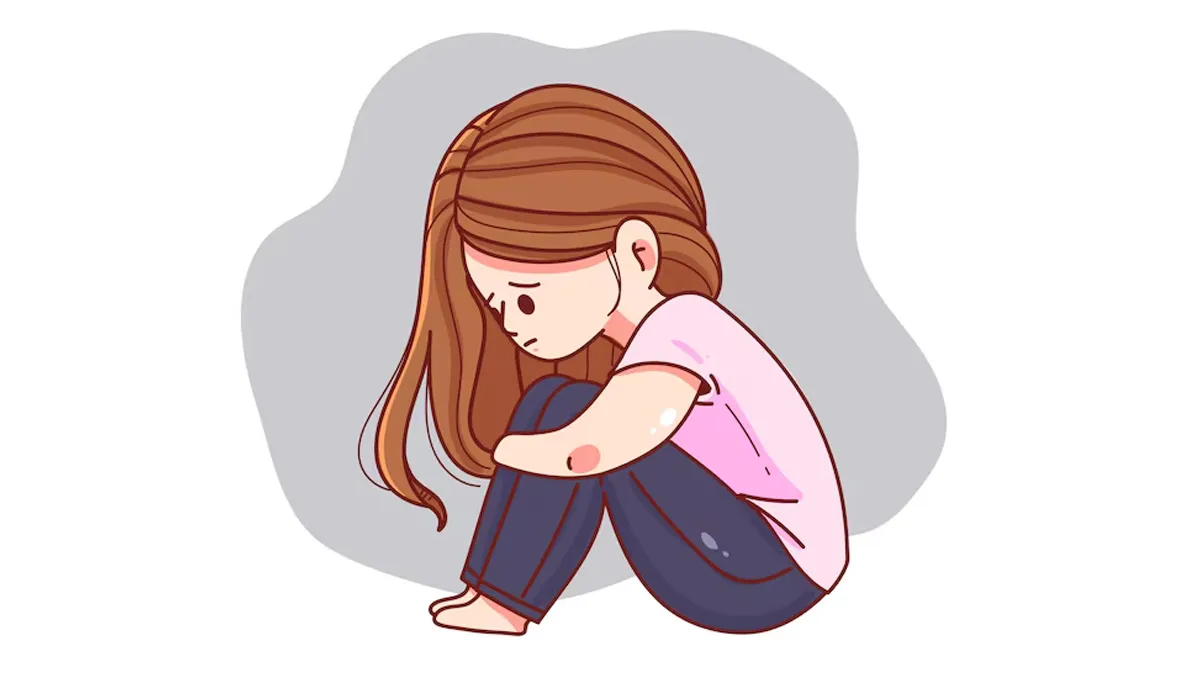
According to recent research by the University of California, San Francisco (UCSF), there is a significant connection between depression and body temperature. The team of experts assessed data from a stunning 20,880 people across 106 countries over seven months and found that some of those sampled may have comparatively higher body temperatures when they feel low or depressed. We asked Dr. Himanshu Nirvan, MBBS, MD (Psychiatry), Department of Psychiatry, Noida International Institute of Medical Sciences College & Hospital (NIIMS), about the same, and this is what he has to say about it.
Even though the UCSF study does not conclude that depression indeed leads to a rise in body temperature, it discovers the association. As per reports, the study is considered one of the biggest in this particular field as previous ones had small sample sizes. So, the observations may lead to alteration in the therapy method. For example, heat-based treatment for stimulating self-cooling may be thought of as a new treatment.
But, does depression cause an elevation in body temperature? Dr. Nirvan says, "Depression itself doesn't typically elevate body temperature. However, stress and anxiety, which often accompany depression, can sometimes cause a slight increase in body temperature due to the body's stress response."
Don't Miss: What Is Anxiety Disorder? Mental Health Expert Shares 3 Ways To Cope With It
When one feels down or stressed, the body releases "hormones like cortisol and adrenaline. These hormones can trigger various physiological responses, including a slight increase in body temperature," he adds.
"These hormones play a crucial role in how your body responds to stress. Cortisol, often called the "stress hormone," helps regulate metabolism, immune response, and blood sugar levels," Dr. Nirvan points out, adding, "When you're stressed, cortisol levels rise, which can lead to increased energy and alertness. However, prolonged high levels can also lead to fatigue and other health issues."
"Adrenaline, on the other hand, is responsible for the immediate "fight or flight" response. It increases heart rate, blood pressure, and energy supplies, preparing your body to react quickly to perceived threats," Dr. Nirvan informs.
If the response gets triggered way more than the normal frequency, feelings of anxiety or restlessness creep in. "So, while these hormones can help in short bursts, chronic stress can keep them elevated, leading to various health concerns," he wraps up.
Don't Miss: Why As A Gen-Z I Want You To Talk About Mental Health With Your Kids
If you liked this story, please share it. For more such articles, stay tuned to HerZindagi.
Our aim is to provide accurate, safe and expert verified information through our articles and social media handles. The remedies, advice and tips mentioned here are for general information only. Please consult your expert before trying any kind of health, beauty, life hacks or astrology related tips. For any feedback or complaint, contact us at [email protected].